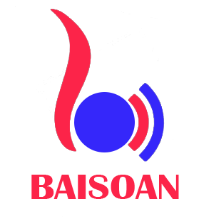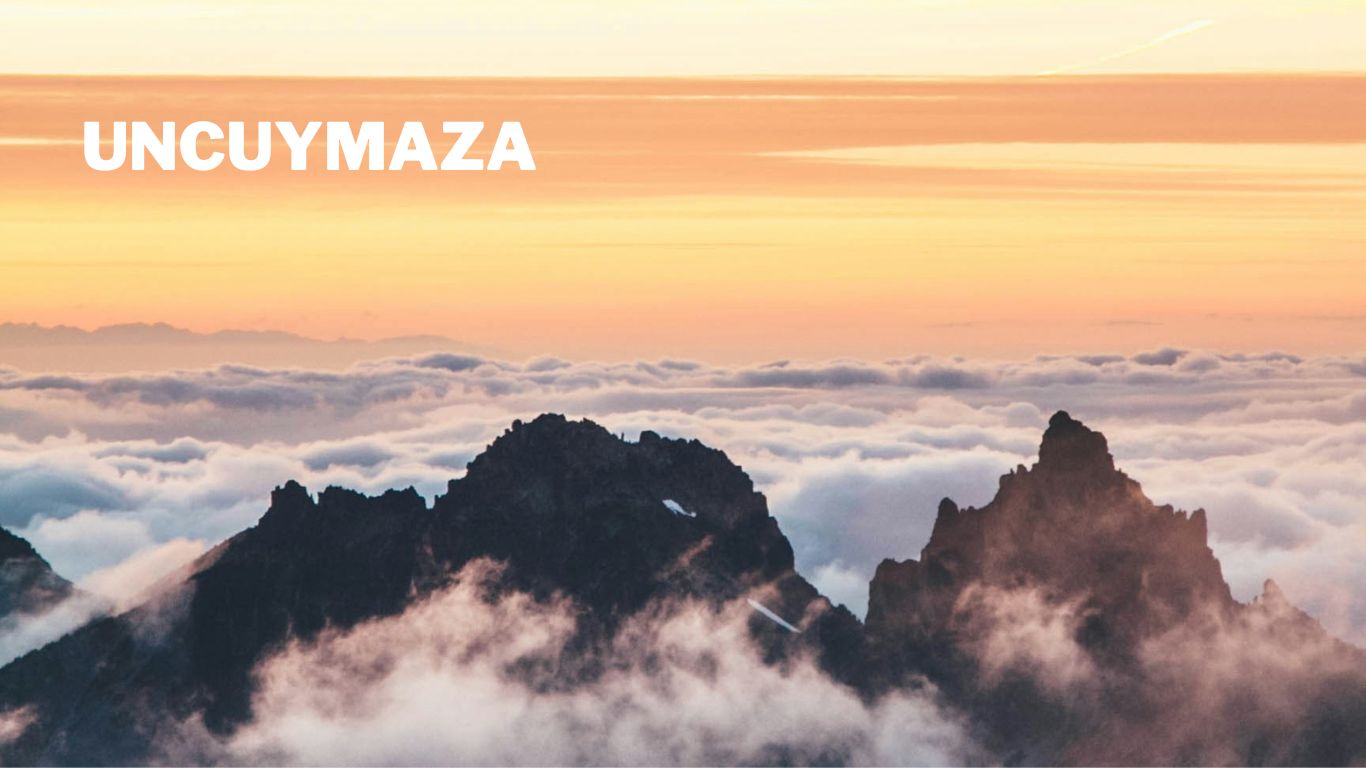In the heart of the Andes, where the mountains touch the sky and the air is filled with the whispers of ancient civilizations, lies a rich tapestry of culture, tradition, and spirituality. Among the many treasures of Andean heritage, one that stands out is the concept of Uncuymaza—a term that encapsulates the deep connection between the people, the land, and the cosmos. Though not widely known outside indigenous Andean communities, Uncuymaza represents a profound worldview that continues to shape the lives and identities of those who hold it dear.
The Essence of Uncuymaza
Uncuymaza (pronounced oon-koo-ee-mah-zah) is a Quechua word that can be loosely translated to mean “the essence of the land” or “the spirit of the earth.” It is a concept deeply rooted in the Andean cosmovision, which views the natural world as a living, interconnected entity. For the Andean people, the earth is not merely a resource to be exploited but a sacred being—a mother, known as Pachamama—who provides sustenance, shelter, and life.
Uncuymaza goes beyond the physicality of the land; it encompasses the spiritual, emotional, and cultural bonds that tie the Andean people to their environment. It is a reminder that humans are not separate from nature but an integral part of it. This philosophy is reflected in the way Andean communities live, work, and celebrate, always striving to maintain harmony with the natural world.
Rituals and Practices
The principles of Uncuymaza are woven into the daily lives of Andean people through rituals, ceremonies, and traditional practices. One of the most significant expressions of this connection is the offering to Pachamama, a ritual that involves giving back to the earth in gratitude for its blessings. During these ceremonies, offerings such as coca leaves, corn, chicha (a traditional fermented drink), and other symbolic items are buried in the ground as a sign of respect and reciprocity.
Another important aspect of Uncuymaza is the concept of ayni, a Quechua term that means reciprocity or mutual aid. Ayni is the idea that every action, whether it is planting a crop, building a home, or sharing a meal, is part of a larger cycle of giving and receiving. This principle ensures that communities work together in harmony, supporting one another and maintaining balance with the environment.
Uncuymaza in Modern Times
In today’s rapidly changing world, the principles of Uncuymaza face numerous challenges. Globalization, urbanization, and climate change threaten the traditional ways of life that have sustained Andean communities for centuries. However, many indigenous groups are working tirelessly to preserve and revitalize their cultural heritage.
Efforts to promote sustainable agriculture, protect sacred sites, and educate younger generations about their ancestral traditions are all part of the ongoing struggle to keep Uncuymaza alive. Festivals and cultural events, such as Inti Raymi (the Festival of the Sun) and Pachamama Raymi (the Festival of the Earth), play a crucial role in celebrating and preserving these traditions.
A Universal Message
While Uncuymaza is deeply rooted in Andean culture, its message resonates far beyond the mountains of South America. In a world grappling with environmental degradation, social inequality, and a sense of disconnection from nature, the principles of Uncuymaza offer a powerful reminder of the importance of living in harmony with the earth.
By embracing the spirit of Uncuymaza, we can learn to see the world not as a collection of resources to be exploited but as a living, breathing entity that sustains us all. It is a call to action—a reminder that we are all part of the same web of life and that our survival depends on our ability to care for one another and the planet we call home.
Conclusion
Uncuymaza is more than just a concept; it is a way of life that has guided the Andean people for generations. It is a testament to the resilience, wisdom, and spirituality of indigenous cultures and a beacon of hope for a more sustainable and harmonious future. As we navigate the challenges of the modern world, let us draw inspiration from the spirit of Uncuymaza and strive to build a world where humanity and nature coexist in balance and mutual respect.

